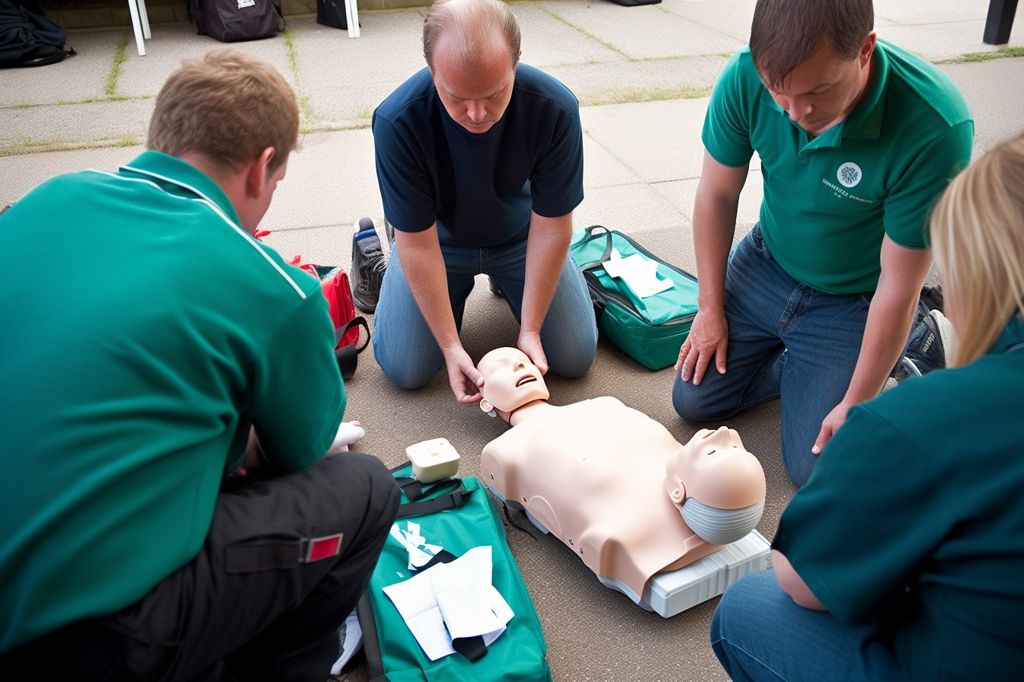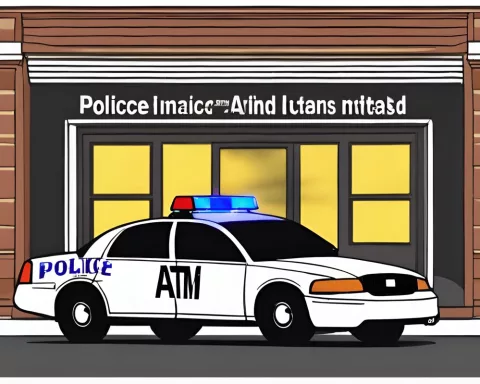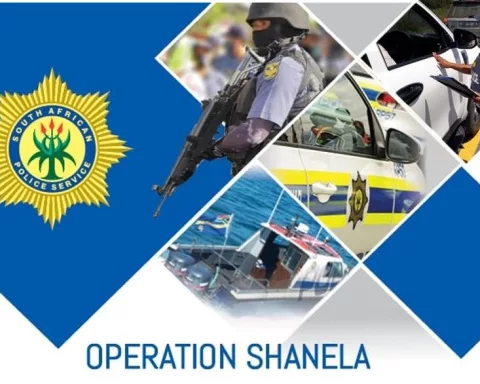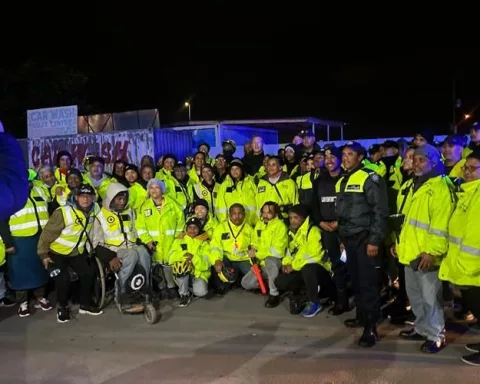The City of Cape Town has placed Neighbourhood Watches (NWs) at the forefront of its strategy to safeguard communities. As crime rates and social issues continue to rise, NWs have become increasingly important in ensuring the safety of communities. The City has implemented a comprehensive program to support NWs, providing them with training and equipment to ensure that they can better serve their communities.
The Neighbourhood Watch Support Programme
The Neighbourhood Watch Support Programme is run by the City’s Safety and Security Directorate and has been operational for many years. This year, the program has been allocated almost R5.7 million to fund various initiatives aimed at training and empowering NW members.
Extended Training Programme on Situational Crime Prevention
One of the new initiatives is an extended training program on situational crime prevention, consisting of four two-hour sessions over a six-week period. The program focuses on the theory of situational crime prevention, identifying crime/disorder-related problems, developing an action plan to address problem areas, and follow-up/feedback sessions. This expanded training will enable NWs to be more effective in preventing crime and addressing community safety concerns.
First Aid Training for NW Members
For the first time, the program has also introduced First Aid training for selected members of NWs in Khayelitsha, Delft, Atlantis, and Hanover Park. This training will equip NW members with essential life-saving skills and enable them to respond more effectively to emergencies.
Other Interventions
The NW support program has several other interventions, including the establishment of a radio communications network for NWs, crime prevention initiatives between NWs and the City (such as the removal of illegal graffiti and a street numbering project), the establishment of a Neighbourhood Watch Disaster Risk Management Initiative, the establishment of Community safety hubs, which provide office and meeting space for NWs and other organizations, and the appointment of dedicated City Community Safety Liaison Officers.
Praise for the Neighbourhood Watch Support Programme
The Safety and Security Portfolio Committee has praised the program’s work, noting that it has contributed to building safer communities. NWs have become valuable partners in addressing crime and social issues, as well as providing public safety information during emergencies and disaster management relief efforts.
Continued Support for NWs
The City’s investment in supporting NWs reflects its confidence in their ability to play a meaningful role in building safer communities. With continued support, NWs will be better equipped to address crime and social issues, mobilize public safety information, and provide essential services during emergencies and disasters. The success of the Neighbourhood Watch Support Programme shows that community involvement and collaboration are crucial in creating safer and more secure neighborhoods.












